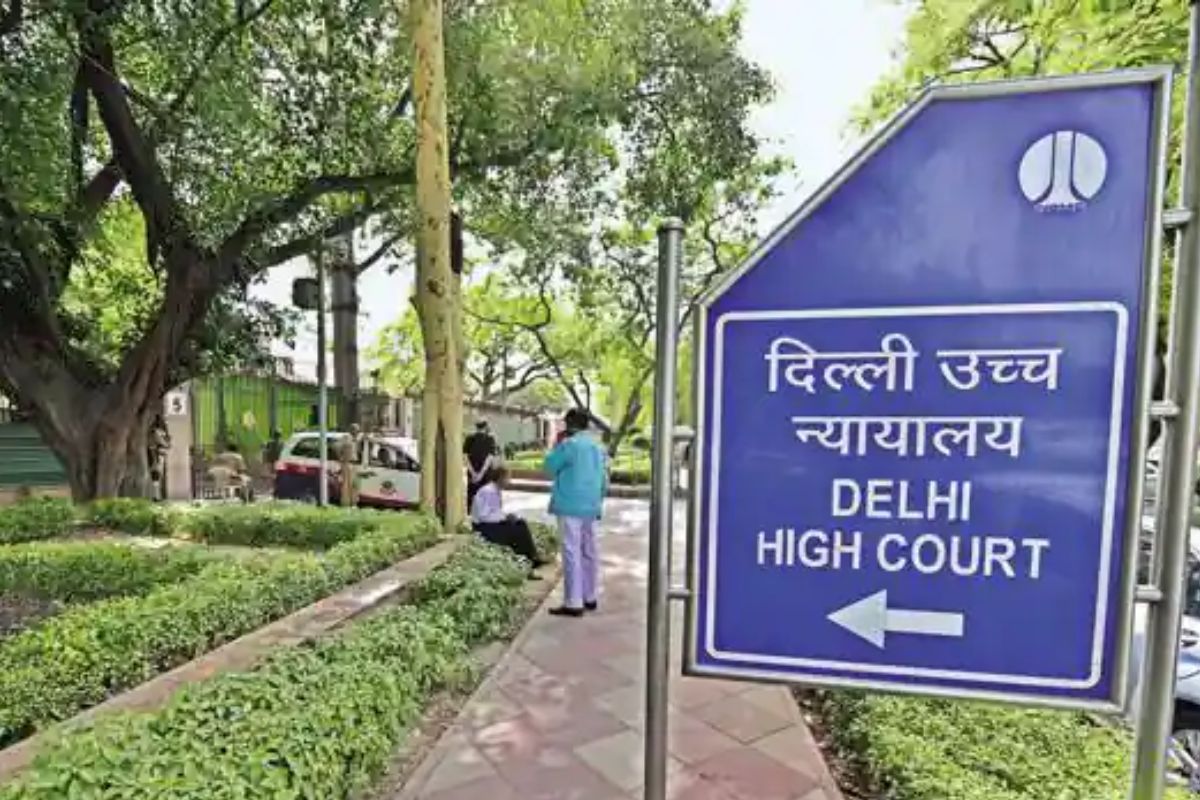LI Network
Published on: November 07, 2023 at 11:36 IST
The Delhi High Court underscored the significance of avoiding a mechanical and purely administrative approach when addressing applications for the premature release of long-incarcerated convicts.
The court’s remarks came during a case involving Hari Singh, a convict who had been imprisoned for more than 19 years following a conviction for hijacking an aircraft.
Hari Singh, serving a life sentence under the Anti-Hijacking Act of 1982 and sections of the Indian Penal Code, contested the rejection of his premature release application in 2021 by the Deputy Secretary (Home). Singh had been in judicial custody since April 1993, highlighting an extensive period of incarceration.
During the proceedings, Justice Saurabh Banerjee highlighted that the fundamental objective of imprisonment, even for severe offenses, is centered on reform and not merely retribution, particularly when a convict has undergone a significant and prolonged term of imprisonment.
The court stressed that the denial of remission solely based on the nature of the crime committed, without considering various other factors such as the convict’s age, health, socio-economic situation, family ties, conduct post-conviction, and behavior within the prison, would not align with the principles of justice.
Singh became eligible for premature release in 2019; however, his case faced a two-year delay before being forwarded to the Sentence Review Board (SRB). He claimed that the SRB had mechanically rejected his application, overlooking aspects as outlined in the Delhi Prison Rules and his constitutional rights.
While acknowledging the seriousness of Singh’s offense involving the hijacking of an Indian Airlines flight, the court emphasized that this should not be the sole determinant in denying his premature release.
Singh had shown satisfactory behavior during his nearly 16 years and five months of incarceration, earning a total remission of approximately three years and nine months. Moreover, his conduct within the jail premises, along with his responsible handling of bail, parole, and furlough, further supported his case for reconsideration.
The court ordered a reassessment of Singh’s application for premature release, emphasizing the need for a comprehensive evaluation that takes into account a broader spectrum of factors beyond the nature of the crime committed.
The matter was remanded back to the Directorate General (Prisons) and the SRB with an instruction to provide clear and detailed reasoning for their decision, ensuring a more holistic and individualized approach to the consideration of premature release applications.

